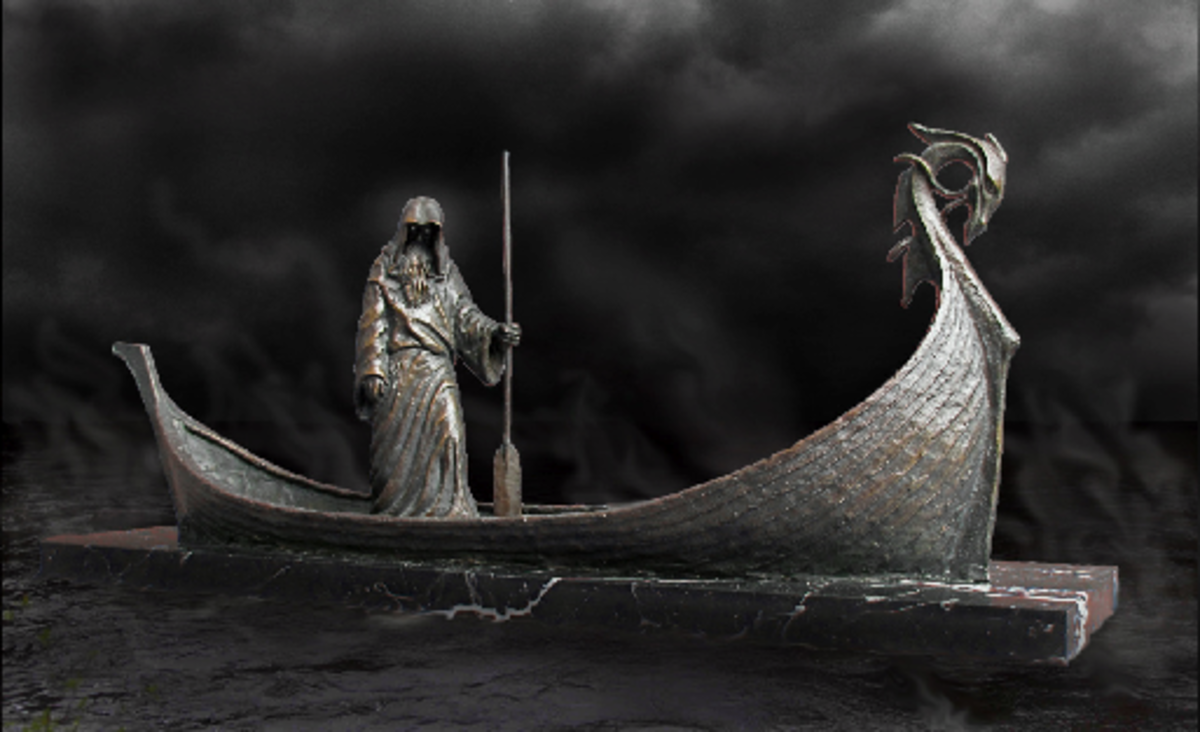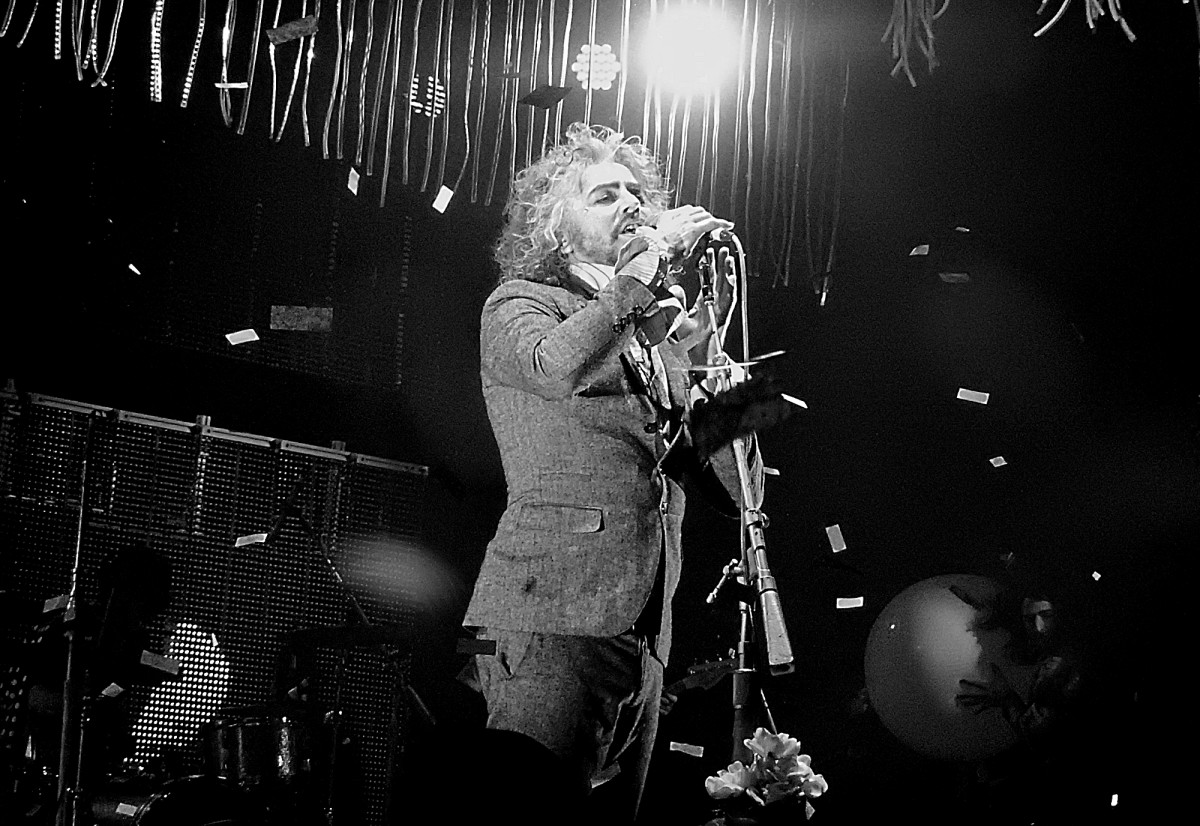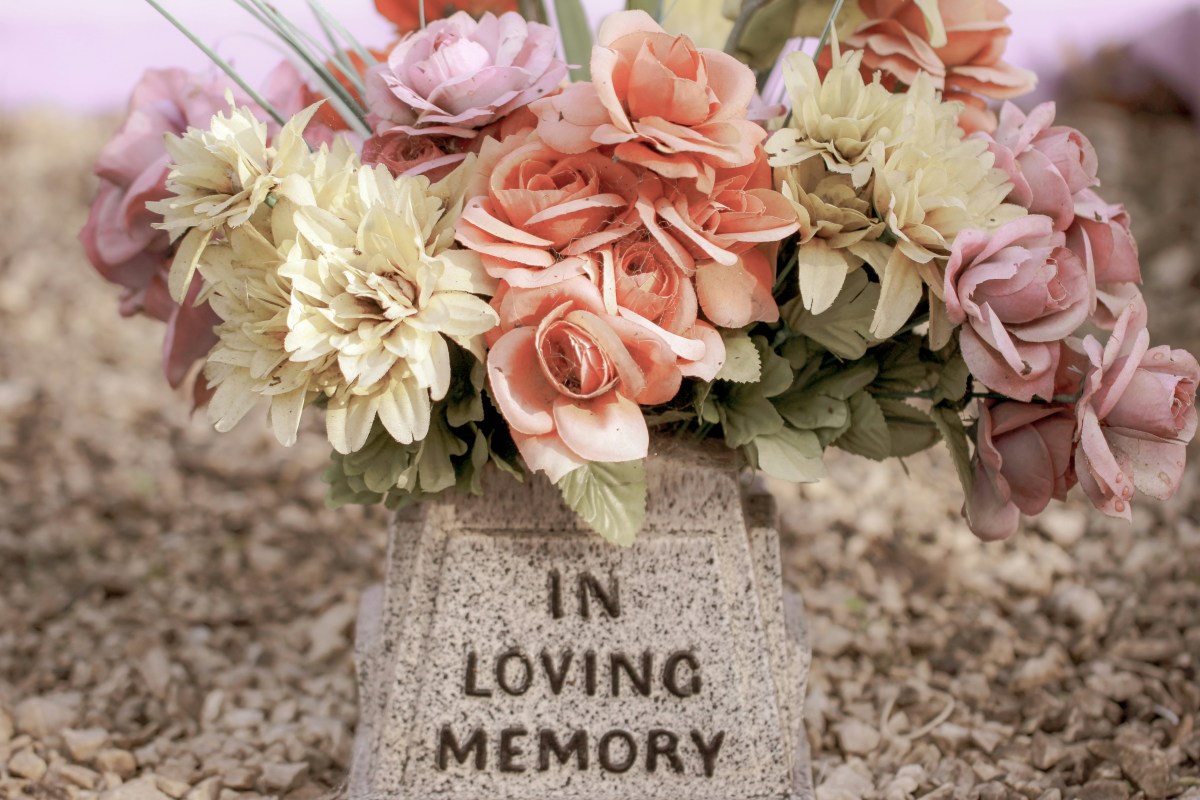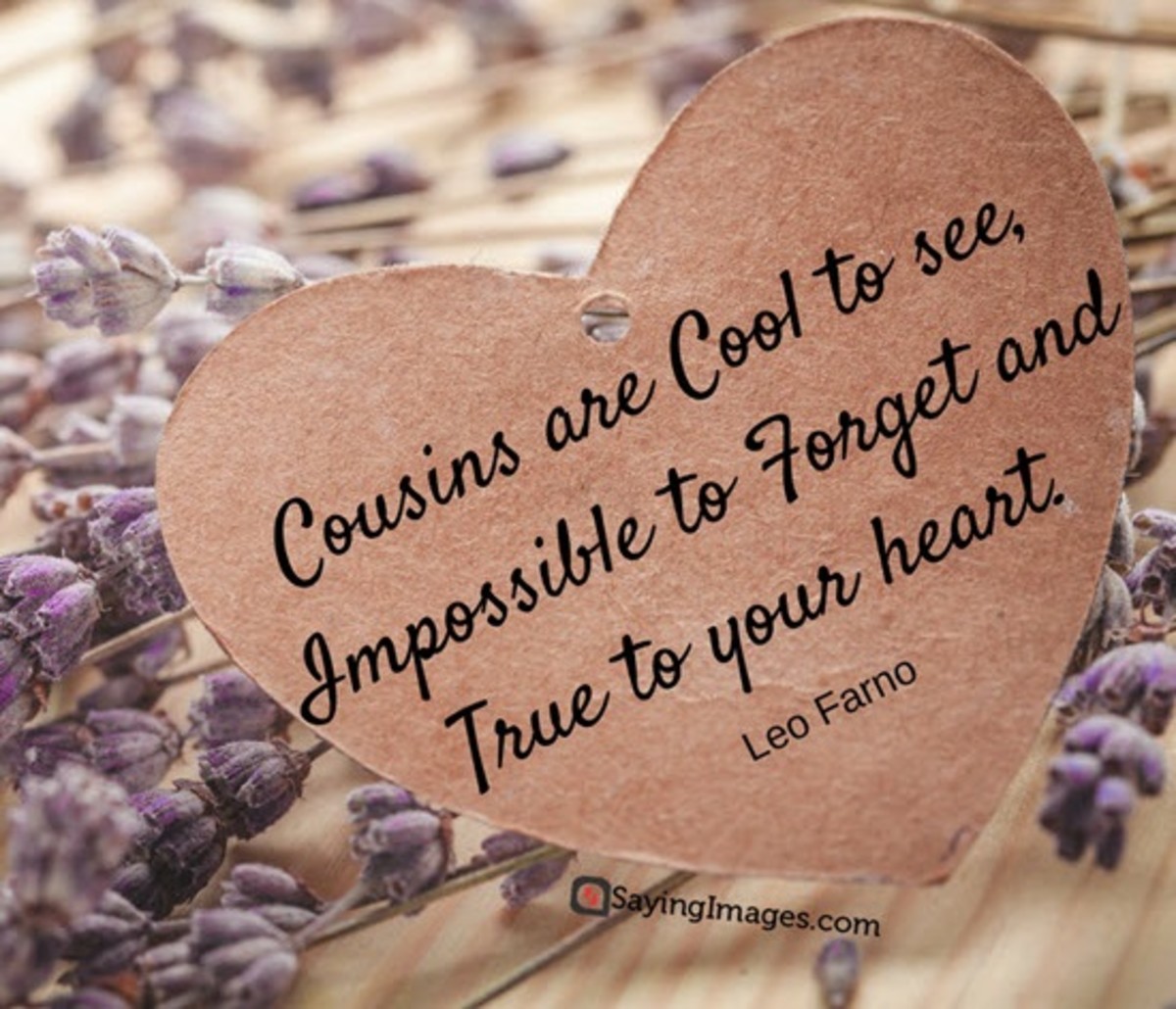What Happens When We Die?
Dying is Universal
My uncle died recently. Before that, quite a number of years ago, one of my best friends committed suicide and I found his body. About a year before that, my father died.
There's no reason to feel sorry for me. Everybody, all over the world, experiences the same thing basically. This is highly ironic because when it happens, you feel alone, isolated, and depressed. Frequently, you are unable to focus for days, sometimes months. All you think about is the deceased and what those final moments must have been like. Then you think about your own death and what that experience will be like. It make one wonder about death and the meaning of life.
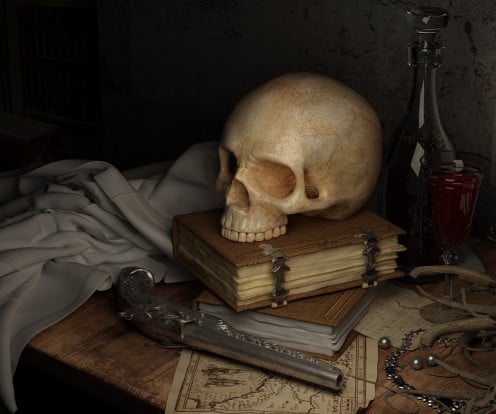
Coping without Religion
I'm not at all religious, so I don't think about there being some great beyond or a white light or a meeting with St. Peter. That's fantasy for somebody else. However, I do wonder what goes through people's minds when they realize that they're about to die and whether or not they exist in that last thought forever. After all, that moment is infinite for them. Do they realize they're going to die or does it happen so fast that they don't realize it? What happens to a person's concept of time upon death? Time, it would seem, doesn't care.
What are we after we die? I don't mean physically or spiritually, but practically. What are we? These thoughts ran through my brain after all three of the people mentioned above passed. Sadly, I think the answer is that you're the memories that other people have of you and your stuff. Being the latter is somewhat sad and it compounds an already bad situation. But maybe the former is even more sad. Platitudes are all too common after somebody dies. People gather to remember that person. In reality though, people only remember for a short period of time. Then they go on with their lives and forget. Only people really close to that person hang on to memories, and even then, they eventually fade and disappear.
The Stuff That's Left Over
My uncle left tons and tons of photos. Looking at them, it made me think about that moment in time - the time of the photo. When we take a photo, it's inevitable that somebody will view that photo after our death. It's hard not to travel back in time as one looks at various photos, imagining how it was taken, when it was taken, and the blip in time that elapsed from the point when the photo was taken to the point where I'm now looking at it after the subject has passed.
Time is so unforgiving. As we age and those close to us pass away, our own mortality comes into focus. It's a truly daunting prospect. I think most of us just ignore the idea for the most part because it's tough to think about as well as really frightening. I can't help but look at people much younger than myself and wonder if they realize how quickly the time will pass and they'll suddenly be my age. It really does pass quickly. And, of course, as we age, time moves faster too as each day becomes a smaller portion of our lives. Do you remember when you were really young, how each day seemed to stretch out forever? That's because that time was such a large portion of your life. When do we go over that hump and start accelerating to the end?
Some Ideas From Buddhism
The tenets of Buddhism seem the most calming in this situation. It's amazing to think that, unless you're a believer in one of the religions that promises eternal satisfaction, eternal wonder, eternal beauty, eternal salvation, that what every human being on this earth shares is the finality of death. Why is that calming? Because we will all struggle to confront that inevitable moment. That strikes me as a powerful amount of mental energy. No matter how much any one of us struggles, we're certainly not alone. Our suffering is no more or no less than another's suffering.
Think about how we respond to tragedy. What is the most helpful thing for people who are grieving? The answer is: support groups. The reason is that people are soothed knowing that there are other people who are going through or have gone through the same thing. When somebody loses a loved one to suicide, there are tons of support groups to help a person. When a couple loses a child, there are support groups galore. We heal and understand knowing that we share in a common suffering. We know that we are not alone. Facing death is the ultimate support group. It's something every human being on the planet shares. It's made no more comfortable by money or social status or geographic location.
The Collective Unconscious
Jung coined the term "collective unconscious". While our memories are unique to each of us, the way those memories are stored and how we access them is not. In other words, all human being share a kind of structure for their consciousness. Is that structure a kind of power that exists beyond ourselves or is it just the common attribute of consciousness that defines it? I like to think that when imagine or think about something, that process binds human beings in some way. What, for instance, is the difference between a person as they really exist and the thought of that person in terms of consciousness? Weird questions, I know, but it all feeds into defining a person.
I shall not go on. Rambling thoughts might be the quintessential characteristic of those touched by death. You want to ramble. You want to discuss. You want to drone on and on. I'll exercise some self-control and stop. Hopefully it hasn't been too painful a read.
What Makes You the Most Calm Thinking About Death?
This content is accurate and true to the best of the author’s knowledge and is not meant to substitute for formal and individualized advice from a qualified professional.
© 2012 Allen Donald

